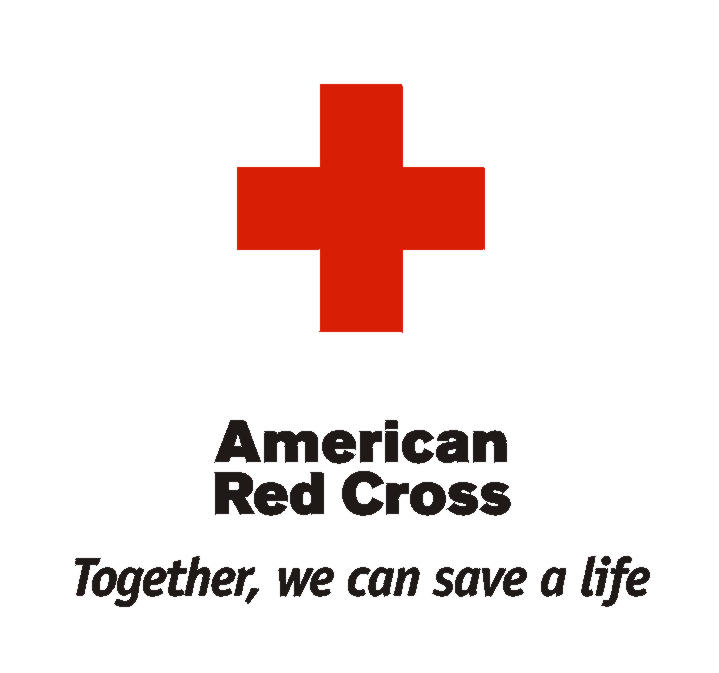Volunteers on standby to respond to winter weather across Region
(Jan. 13, 2016) The American Red Cross is in contact with emergency officials from across Western and Central New York and has volunteers on standby, ready to respond if necessary to this week’s winter storms.
With Lake Effect Snow Warnings and other weather advisories in effect across much of Western and Central New York, the Red Cross is offering the following safety tips to help people stay safer when severe weather threatens:
- Prepare a winter-specific supply kit that includes a warm coat, hat, mittens or gloves, and water-resistant boots, along with extra blankets and extra warm clothing. Sand or non-clumping kitty litter is good to have on hand to help make walkways or steps less slippery.
- Emergency supply kits should include a first aid kit and essential medications, at least a three-day supply of non-perishable food and water, personal hygiene items, cell phone with chargers, copies of personal documents and emergency contact information, flashlights, a battery-powered or hand-crank radio and extra batteries.
- Listen to a NOAA Weather Radio or other local news channels for critical information on snow storms and blizzards from the National Weather Service (NWS).
- Bring pets/companion animals inside during winter weather. Move other animals or livestock to sheltered areas and make sure that their access to food and water is not blocked by snow drifts, ice or other obstacles.
- Running water, even at a trickle, helps prevent pipes from freezing.
- All fuel-burning equipment should be vented to the outside and kept clear.
Go to a designated public shelter if your home loses power or heat during periods of extreme cold.
- Avoid driving when conditions include sleet, freezing rain or drizzle, snow or dense fog. If travel is necessary, keep a disaster supplies kit in your vehicle.
- Before tackling strenuous tasks in cold temperatures, consider your physical condition, the weather factors and the nature of the task.
- Protect yourself from frostbite and hypothermia by wearing warm, loose-fitting, lightweight clothing in several layers. Stay indoors, if possible.
- Help people who require special assistance such as elderly people living alone, people with disabilities and children.
- Never use a generator, grill, camp stove or other gasoline, propane, natural gas or charcoal-burning devices inside a home, garage, basement, crawlspace or any partially enclosed area. Locate unit away from doors, windows and vents that could allow carbon monoxide to come indoors.
Learn how to treat cold weather related emergencies by downloading the free Red Cross First Aid App at redcross.org/apps. More information about winter safety is available at www.redcross.org/prepare/disaster/winter-storm.


